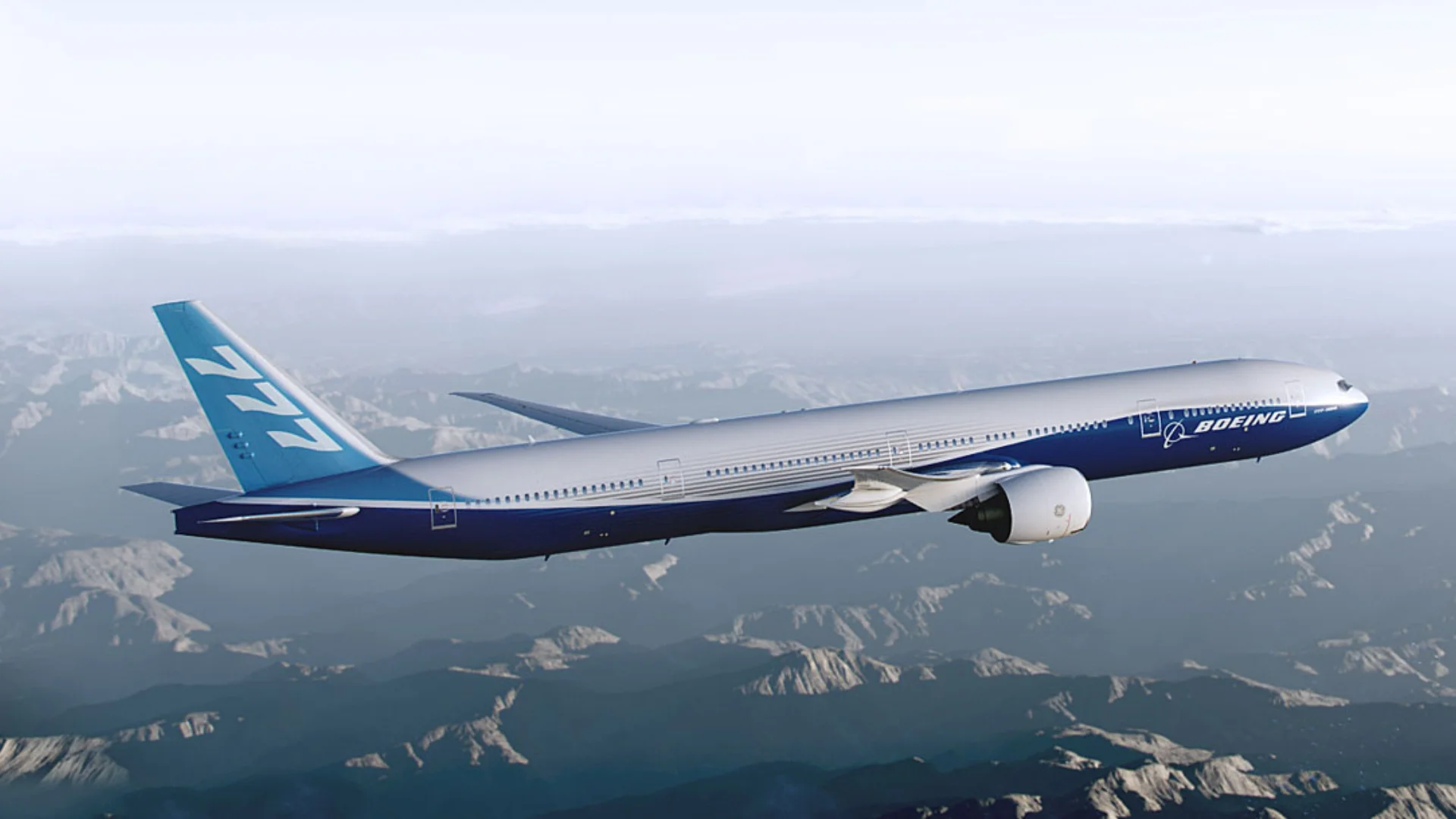Several factors influence the Boeing 777's fuel efficiency: aircraft variant and engine type (GE90, PW4000, Rolls-Royce Trent), payload weight, flight profile (altitude and route distance), wing design improvements like raked wingtips in later models, airline seating configurations that impact MPG per seat, and weather conditions such as tailwinds or headwinds.
Different variants show variability in fuel performance under various conditions. For example:
- The GE90-115B engines used by the Boeing 777-300ER provide high thrust but consume more fuel than older engines.
- A lighter-loaded Boeing 777-200ER may reach closer to 0.27 MPG.
- The freighter variant prioritizes payload over economy with lower efficiency ranging from about 0.23 MPG down to around 0.20 MPG under full cargo weight.
Passenger load factors and seat configurations significantly affect fuel economy metrics across airlines operating this model:
- Emirates configures its fleet for maximum seat-mile performance with dense seating arrangements.
- Airlines like Cathay Pacific or Japan Airlines prioritize passenger comfort with lower-density layouts affecting apparent per-seat efficiencies.
Comparing widebody jets reveals newer models like the Boeing Dreamliner or Airbus A350 are more efficient due to lighter materials and advanced engines while retaining reliability alongside higher payload capacities found within legacy fleets such as those featuring traditional designs present throughout much service life enjoyed by these trusted workhorses including potential future enhancements seen coming soon through next-gen iterations incorporating technological advancements anticipated being introduced shortly via forthcoming releases currently underway today worldwide among global operators utilizing their offerings collectively together moving forward accordingly over time continuously into tomorrow ultimately delivering continued value proposition overall consistently without interruption nor exception ever henceforth eternally always remaining steadfastly committed unwaveringly toward achieving excellence universally whenever possible whatsoever until further notice perpetually forevermore...
 Alerts Sign-up
Alerts Sign-up








